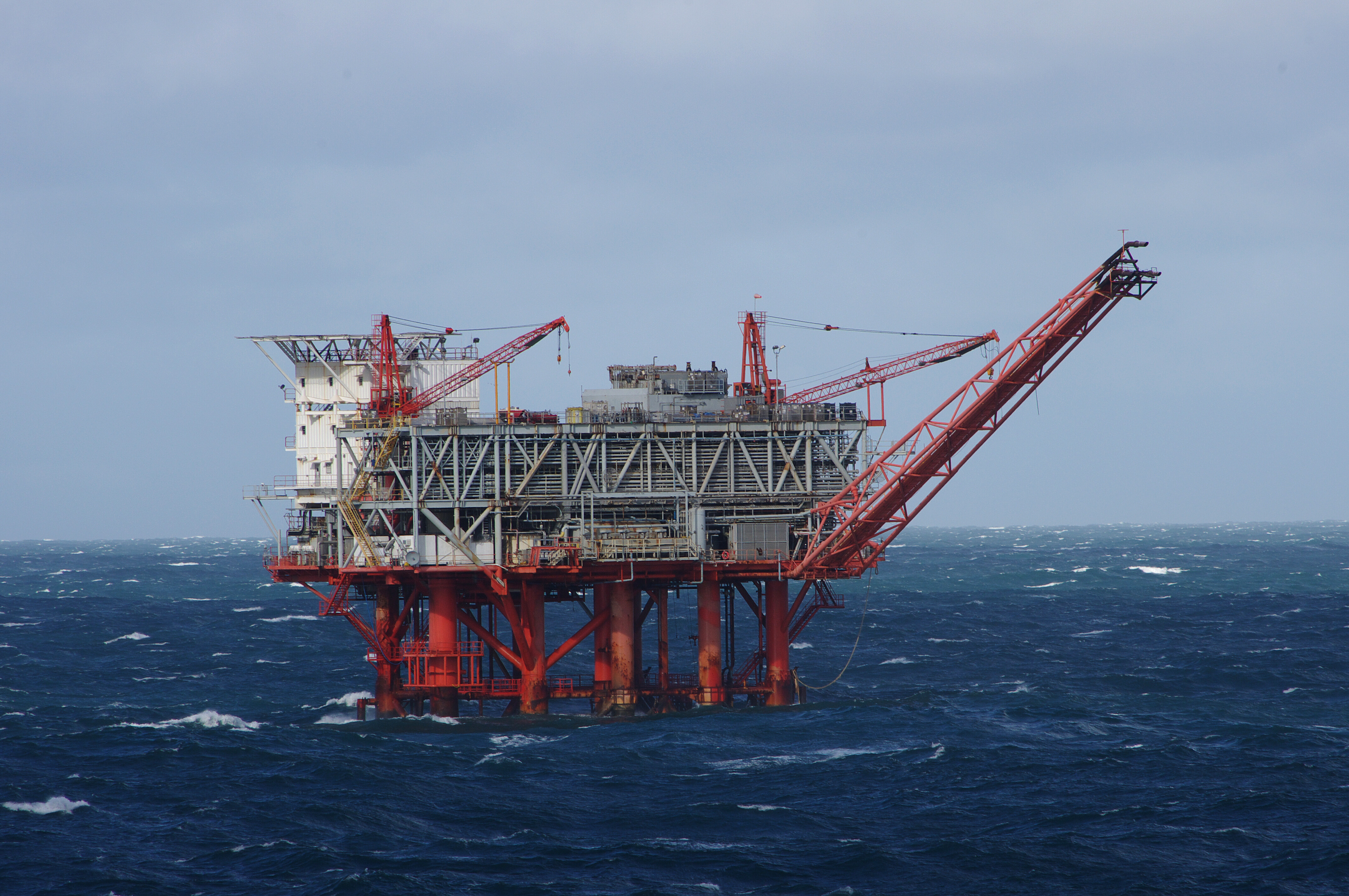Problems at Petrobras
'Vulture funds' are looking to push Brazil’s biggest oil company into technical default, causing yet more problems for the embattled national champion...

Regular LatAm INVESTOR readers will know that Petrobras has been battling corruption claims for more than a year now. With a criminal investigation ongoing Petrobras was forced to delay its third-quarter financial statements as the claims raise doubts about the true value of its assets. However, this week the story took a new twist with reports that New York-based distressed debt fund, Aurelius Capital, is pushing for investors to put the company into default. The reasoning is that under the terms of the $54billion worth of bonds that Petrobras has issued in the US, it is required to issue financial statements within 90 days of the end of a quarter.

Because of its massive oil assets and government backing the state-owned Petrobras is not considered in risk of actual default. However, a technical default for the US bonds would make it more expensive and difficult for the firm to issue debt on the international markets. And for a company with one of the world’s most expensive capital investment plans – currently standing at $221billion over the next five years – that would be a serious hindrance.
Of course corruption and poor corporate governance can strike firms anywhere. Yet the problems at Petrobras, where the share price has dropped 70% since its peak, offer a cautionary tale for investors in state-owned enterprises.
Investing with the state
For example Brazil’s other national champion, iron-ore producer Vale, has also suffered heavy share price falls. In Vale’s case there is no corruption scandal yet the common denominator is that the Brazilian government has a majority stake in both companies. This affects the decision-making process so that it no longer serves what’s best for shareholders, but instead suits the government. That might work for a while if the interests of both are aligned. But over time they are bound to diverge.
Of course, back in 2012, this ownership structure didn’t seem to be a problem. Both firms were riding the commodities boom and seemed to be doing well. Yet even back then, there were warning signs.
In 2011, Vale’s successful CEO was replaced, apparently because he was resisting government hints that the iron ore miner should expand into the less profitable, but more labour-intensive, steelmaking industry.
Meanwhile, Petrobras was also making a slew of decisions – such as selling its oil at a loss to the domestic market – that showed it was serving Brazil, not its shareholders.
When disaster struck
Of course, state interference isn’t the only problem affecting these firms. A huge slide in commodity prices has also played its part. But the state emphasis means that these firms have been less flexible in reacting to the new scenario, especially when it comes to cutting loss-making businesses or reducing labour costs.
At the moment, Dilma Rousseff’s one saving economic grace – and it’s not one that should be taken lightly – is that Brazilian unemployment is near record lows. The last thing she needs is for some of the country’s biggest employers to start laying-off workers.
The other option is to pull back on some of the crazy capital investment. Yet, as noted above, these firms also drive national growth.
"Petrobras has done a lot of amazing things for Brazil…"
LCA, a São Paulo-based market analysis agency, estimates that a 10% cut in Petrobras’ capital expenditure would knock 0.5% off Brazil’s GDP. Given that growth is only scheduled to come in at 0.5% this year, that’s something that Rousseff can ill afford. And that’s why these firms have done even worse than their private competitors. For example, in the world of giant miners, Vale has underperformed rivals such as BHP Billiton and Rio Tinto by 40% over the past three years.

And as for Petrobras, it’s done even worse.
Interfering in a large company to boost the national interest may not be great for minority shareholders, but it’s understandable. The fact is, Petrobras has done a lot of amazing things for Brazil.
Back in the 1950s it doggedly searched for oil, when the received private-sector wisdom was that there was none to be found. It also drives research and development in the country. Its CENPES oil investigation facility is a lair of white-coated scientists and futuristic inventions. Latin America lags the West and Asia in R&D spending, so Petrobras’s efforts are an important contribution.
But the problem is that state interference in Petrobras hasn’t just been a bid to boost Brazil. Now a huge corruption investigation is revealing that politicians also exploited their influence in the company to make a slew of corrupt deals. It’s alleged that overpaying for contracts and assets created scope for billions of pounds worth of bribes to be handed out to key figures in the public and private sector. So far 12 senators, 49 federal deputies and at least one governor have been accused of being involved in the £2.5bn scandal though fresh details keep emerging.
Of course, corruption isn’t restricted to firms with state interference. But by blurring the lines between those who set the rules and those who operate within them, it probably encourages it.
The big question for LatAm INVESTOR readers now is: when should we invest in Petrobras? The firm’s massive problems and struggling share price make it attractive for a contrarian investor – especially when you consider the massive assets it still has at its disposal.
Analysts at JP Morgan believe it’s too early to jump back on board yet. They advise waiting until at least 31 January 2015, when Petrobras is finally due to release its delayed third-quarter report. It’s sound advice and investors would do well to keep an eye on these two Brazilian corporate giants.